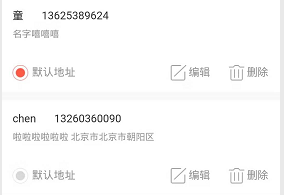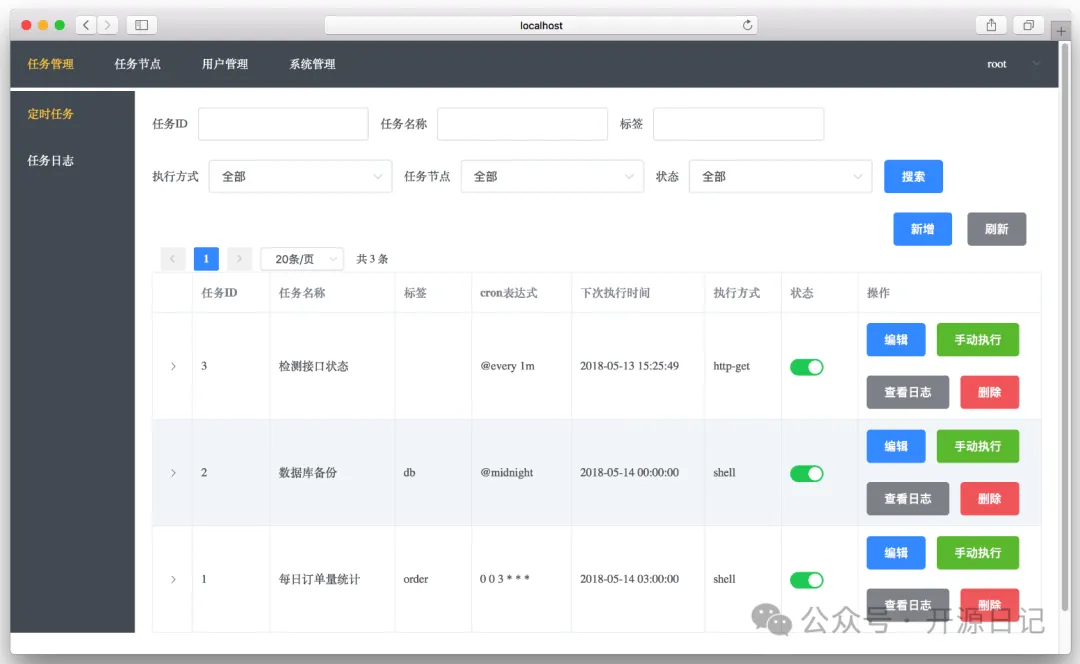由于谷歌浏览器80以后版本采用了新的加密方式,所以记录在这里
# -*- coding:utf-8 -*-
import os
import json
import base64
import sqlite3
from win32crypt import CryptUnprotectData
from cryptography.hazmat.primitives.ciphers.aead import AESGCM
# pip install pywin32
# pip install cryptography
# 文档:https://source.chromium.org/chromium/chromium/src/+/master:components/os_crypt/os_crypt_win.cc?q=OSCrypt&ss=chromium
class Chrome:
def __init__(self):
self.local_state = os.environ[\'LOCALAPPDATA\'] + r\'\\Google\\Chrome\\User Data\\Local State\'
self.cookie_path = os.environ[\'LOCALAPPDATA\'] + r\"\\Google\\Chrome\\User Data\\Default\\Login Data\"
def get_key(self):
with open(self.local_state, \'r\', encoding=\'utf-8\') as f:
base64_encrypted_key = json.load(f)[\'os_crypt\'][\'encrypted_key\']
encrypted_key_with_header = base64.b64decode(base64_encrypted_key)
# 去掉开头的DPAPI
encrypted_key = encrypted_key_with_header[5:]
key_ = CryptUnprotectData(encrypted_key, None, None, None, 0)[1]
return key_
@staticmethod
def decrypt_string(key, secret, salt=None):
\"\"\"
解密
\"\"\"
# 去掉\'v10\'
nonce, cipher_bytes = secret[3:15], secret[15:]
aes_gcm = AESGCM(key)
return aes_gcm.decrypt(nonce, cipher_bytes, salt).decode(\'utf-8\')
@staticmethod
def encrypt_string(key, data, salt=None):
\"\"\"
加密
\"\"\"
aes_gcm = AESGCM(key)
prefix = \"v10\".encode(\"utf-8\")
# 随机生成12位字符串,拼接\"v10\" 共15位
nonce = os.urandom(12)
cipher_bytes = data.encode(\"utf-8\")
return prefix + nonce + aes_gcm.encrypt(nonce, cipher_bytes, salt)
def get_password(self, host):
sql = f\"select username_value,password_value from logins where signon_realm =\'{host}\';\"
with sqlite3.connect(self.cookie_path) as conn:
cu = conn.cursor()
res = cu.execute(sql).fetchall()
cu.close()
result = []
key = self.get_key()
for name, encrypted_value in res:
if encrypted_value[0:3] == b\'v10\' or encrypted_value[0:3] == b\'v11\':
password = self.decrypt_string(key, encrypted_value)
else:
password = CryptUnprotectData(encrypted_value)[1].decode()
result.append({\'user_name\': name, \'password\': password})
return result
def set_password(self, host, username, password):
key = self.get_key()
encrypt_secret = self.encrypt_string(key, password)
sq = f\"\"\"update logins set password_value=x\'{encrypt_secret.hex()}\' where signon_realm =\'{host}\' and username_value=\'{username}\';\"\"\"
with sqlite3.connect(self.cookie_path) as conn:
cu = conn.cursor()
cu.execute(sq)
conn.commit()
if __name__ == \'__main__\':
a = Chrome()
aa = a.get_password(\"https://baidu.com\")
print(aa)
以上就是python 获取谷歌浏览器保存的密码的详细内容,更多关于python 获取浏览器密码的资料请关注免费资源网其它相关文章!
© 版权声明
THE END










暂无评论内容